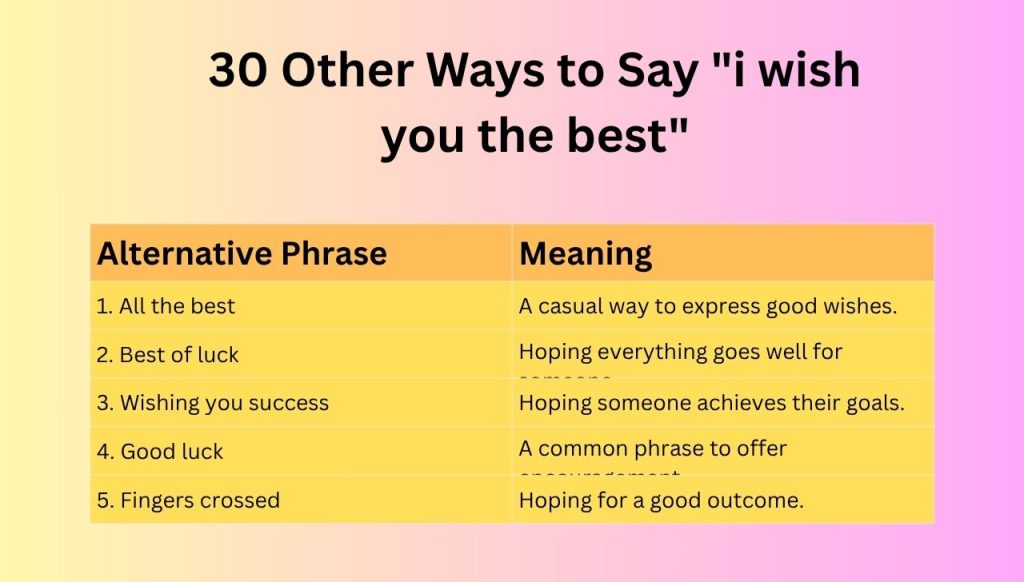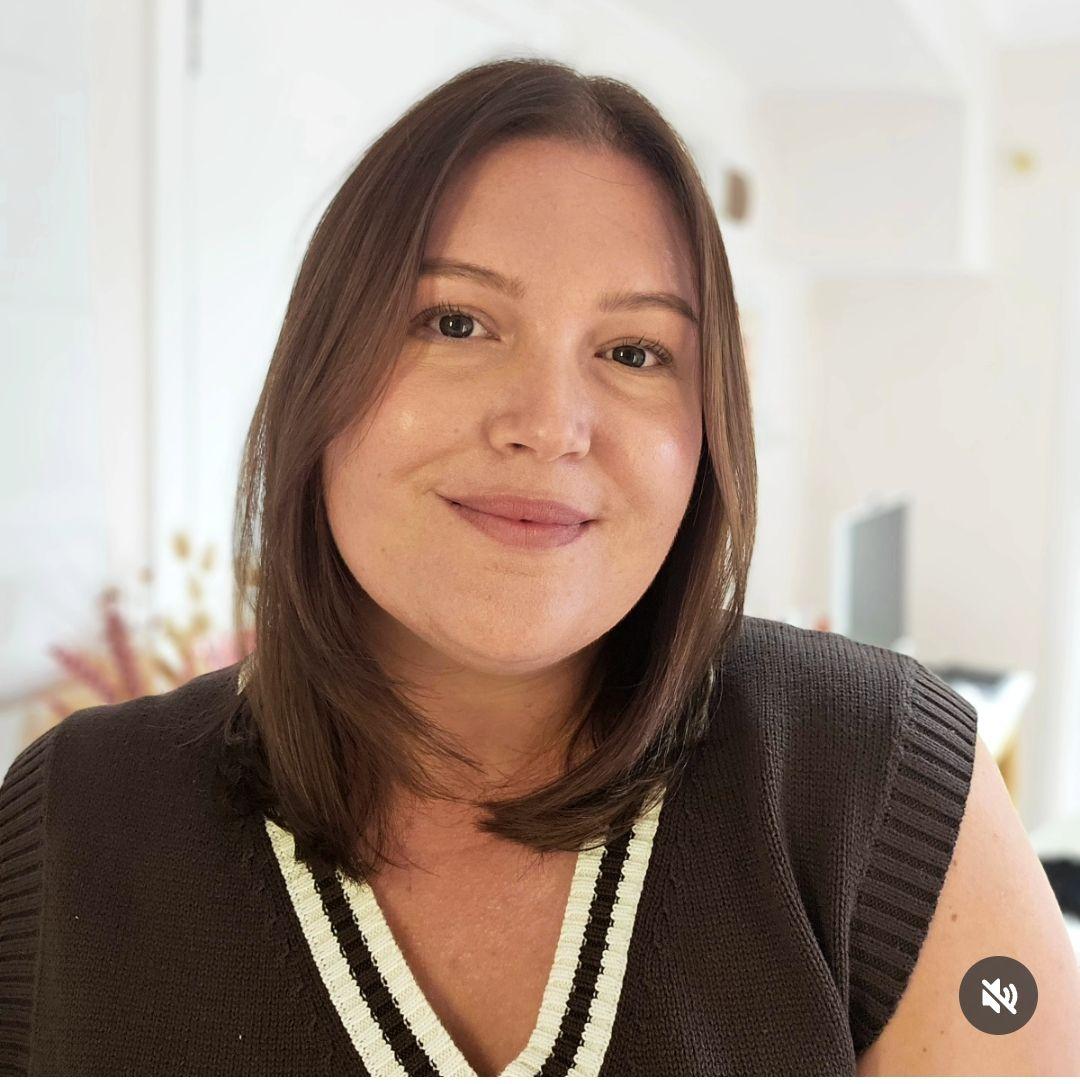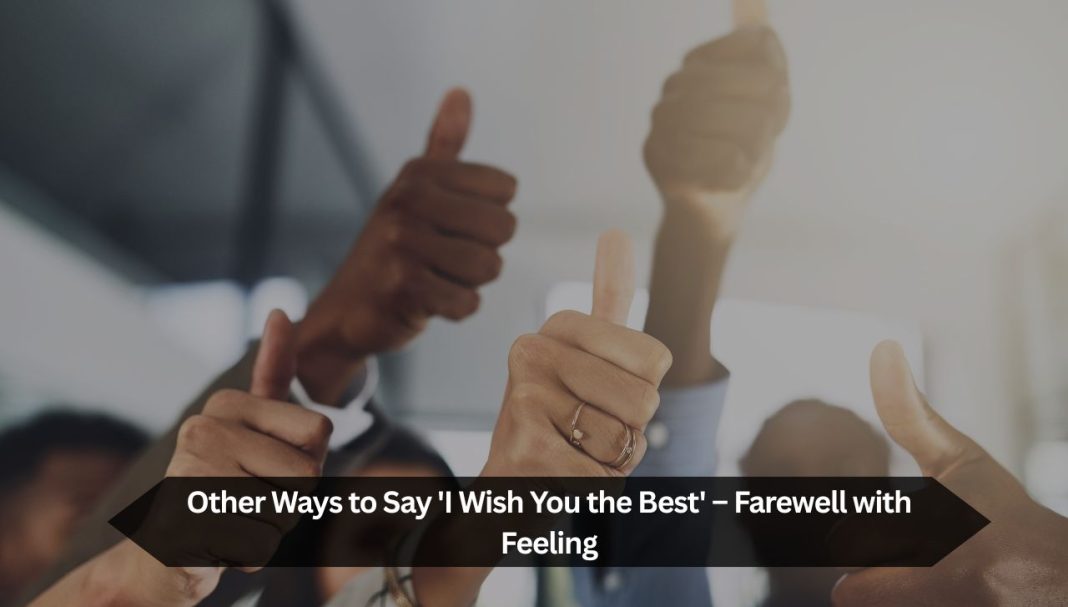We’ve all been there—standing at the end of a conversation, maybe after a farewell chat, a colleague’s last day, or a friend venturing into something new. And we say it, almost by default: “I wish you the best.” It’s warm, polite, and thoughtful. But let’s be honest, it can also feel a little worn out. Like a trusty old sweater—comfortable, sure, but maybe ready for a refresh.
Language is rich with possibilities, and sometimes, we want something that sounds more personal, more memorable, or simply a little different. So, what else can we say when we want to send someone off with positivity and good vibes?
Let’s explore what “I wish you the best” really means, when it fits, why we say it in the first place, and some alternative phrases that carry just as much heart.
“I Wish You the Best” Meaning
At its core, “I wish you the best” is a way of expressing goodwill. It’s like saying, “I hope everything works out wonderfully for you.” It’s simple, versatile, and can be used in pretty much any scenario where you want to show support or encouragement.
But it’s more than just a casual nicety. Think about it—when you tell someone you wish them the best, you’re offering them your hopes. You’re saying, “Hey, I care about what happens to you—even if I’m not around to see it.” That’s powerful stuff, wrapped up in a short phrase.
When to Use “I Wish You the Best”
The beauty of this phrase is how adaptable it is. You can use it:
- In professional settings: Like when a colleague announces they’re leaving for a new opportunity.
- In personal conversations: Say, when a friend moves to a new city, or a sibling starts college.
- During tough times: Even when someone’s going through a breakup, a loss, or leaving something behind.
- After conflict: When parting ways on difficult terms, sometimes “I wish you the best” is a gentle, respectful closing.
It’s the verbal equivalent of a well-meaning nod and a hopeful glance. But here’s the thing—it’s often so familiar that it can feel impersonal. Like you’re reaching for the polite default. And that’s okay! But if you want to mix it up, there are lots of other ways to say it.
Check This Out : 30 Other Ways to Say “Please Be Advised” (With Meaning, When & Why to Use It)
Why Say “I Wish You the Best”
Alright, so why do we even say this at all? Because we’re human. We crave connection. We want to leave people with kindness, especially when paths are parting. Whether we’re being sincere, sentimental, or just socially polite, saying something encouraging at the end of an interaction helps close that chapter on a good note.
It’s also a small way to offer emotional support. Words matter, and even a simple phrase can stick with someone longer than we think. So when you say “I wish you the best,” you might be giving someone a quiet boost of confidence—or just reminding them that they’re not alone out there.

30 Other Ways to Say “i wish you the best”
| Alternative Phrase | Meaning |
|---|---|
| 1. All the best | A casual way to express good wishes. |
| 2. Best of luck | Hoping everything goes well for someone. |
| 3. Wishing you success | Hoping someone achieves their goals. |
| 4. Good luck | A common phrase to offer encouragement. |
| 5. Fingers crossed | Hoping for a good outcome. |
| 6. I hope it all goes well | Expressing hope for things to work out. |
| 7. Here’s to your success | A toast or wish for someone’s achievements. |
| 8. May all your dreams come true | Wishing someone’s aspirations become reality. |
| 9. I’m rooting for you | Supporting someone and hoping they do well. |
| 10. Knock ’em dead | Informal, encouraging someone to impress others. |
| 11. Break a leg | Theater slang meaning good luck. |
| 12. Wishing you happiness | Hoping someone finds joy. |
| 13. May luck be on your side | Hoping for fortune in someone’s favor. |
| 14. Have a great future | Hoping for long-term success. |
| 15. Here’s wishing you well | A polite way to say “I wish you the best.” |
| 16. Sending good vibes | Informal way to wish someone well. |
| 17. I hope everything works out | Hoping for a good outcome. |
| 18. May you find what you seek | Wishing fulfillment and achievement. |
| 19. Stay blessed | A spiritual or positive well-wish. |
| 20. Shine on | Encouragement to keep doing well. |
| 21. I wish you joy and peace | Wishing emotional well-being. |
| 22. Go get ’em | Informal encouragement to take on a challenge. |
| 23. May your journey be smooth | Wishing for ease and success in a process. |
| 24. Take care | A general wish for well-being. |
| 25. Prosper and thrive | Wishing for success and growth. |
| 26. Much success to you | Hoping someone achieves great results. |
| 27. May fortune smile on you | A poetic way of saying good luck. |
| 28. Here’s to new beginnings | Wishing well in a new chapter of life. |
| 29. Wishing you bright days ahead | Hoping the future is positive. |
| 30. Keep rising | Encouragement to keep growing and succeeding. |
Check This Out : 30 Other Ways to Say “Enjoy Your Weekend” (And When to Use Them)
Conclusion
Saying goodbye—or even just “see you later”—is one of those tiny, meaningful acts we do all the time. And while “I wish you the best” is perfectly lovely, it’s not your only option. There’s a whole spectrum of phrases that carry that same warmth, just with a different vibe. Whether you’re parting with a friend, signing off an email, or trying to end things on a good note, the right words can make a difference. And if those words are uniquely you, even better.
So next time you’re tempted to go with the usual phrase, maybe try one of the alternatives above. Or better yet, make up your own. Because honestly, there’s nothing more meaningful than a message that feels real.

Grammar Nerd, ESL Trainer, Low-Key Comma Crusader
Daniel has taught English for over a decade, from small community classes in Oaxaca to bustling university halls in London. He has a knack for turning even the driest grammar points into relatable, real-life language tools—think fewer red pens, more real talk. He co-founded Grammation to make grammar less gatekeeper-y and more global. When he’s not decoding sentence structures, he’s probably hiking with a paperback novel or adding unnecessary hyphens for fun.
“The rules of grammar should empower people—not trip them up.”


